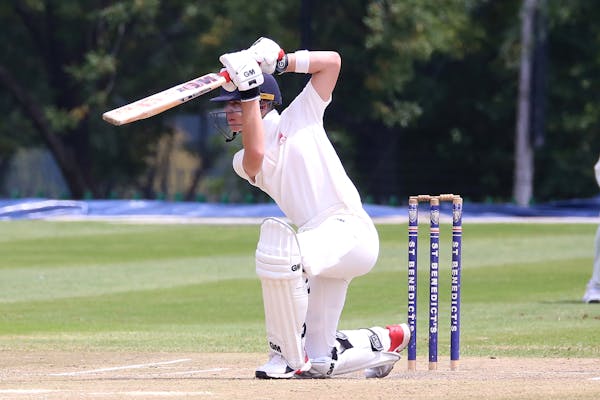The Role of Blockchain Technology in Securing Cricket Broadcasting Rights and Contracts
Sky247, Betbook247: Broadcasting rights in cricket have undergone a significant transformation over the years. With the sport’s growing popularity globally, broadcasters and rights holders have engaged in fierce competition to secure exclusive rights to televise matches. This evolution has not only resulted in lucrative broadcasting deals but has also played a crucial role in expanding the reach of cricket to audiences around the world.
The shift from traditional television broadcasting to digital platforms has further revolutionized how cricket matches are consumed. Online streaming services and OTT platforms have opened up new avenues for fans to access live matches, highlights, and exclusive content. This shift has not only catered to the changing viewing habits of audiences but has also presented new challenges and opportunities for both broadcasters and rights holders in the dynamic landscape of cricket broadcasting.
• Broadcasting rights in cricket have become increasingly competitive
• Exclusive deals are now sought after by broadcasters and rights holders
• The evolution of broadcasting has helped expand the global reach of cricket
• Traditional television broadcasting is being replaced by digital platforms
• Online streaming services and OTT platforms provide new ways for fans to access matches
The Challenges Faced by Broadcasters and Rights Holders
Broadcasters and rights holders encounter several hurdles in the competitive landscape of sports broadcasting. One major challenge is the escalating costs associated with securing broadcasting rights for popular sporting events. With the demand for live sports content continuously rising, broadcasters and rights holders are often engaged in fierce bidding wars, leading to exorbitant prices that strain their financial resources.
Another significant issue faced by broadcasters and rights holders is the threat of piracy and unauthorized streaming of their content. In today’s digital age, illegal streaming websites and pirated streams pose a grave risk to the exclusivity and value of broadcasting rights. This not only undermines the revenue streams of broadcasters and rights holders but also devalues the investments made in securing these rights. Efforts to combat piracy and protect intellectual property rights remain ongoing challenges in the broadcasting industry.
How Blockchain Technology Enhances Transparency in Contract Negotiations
Blockchain technology has been making waves in various industries for its ability to enhance transparency and security in transactions. When it comes to contract negotiations in the broadcasting rights sector of cricket, blockchain can revolutionize the way deals are made. By utilizing blockchain, all parties involved in the negotiation process can have access to a secure and immutable ledger that records every step of the agreement. This eliminates the need for intermediaries and reduces the risk of disputes or discrepancies during the negotiation process.
Moreover, blockchain technology enables real-time tracking of the contract lifecycle, ensuring that all parties are on the same page regarding the terms and conditions. This level of transparency not only streamlines the negotiation process but also builds trust among stakeholders. With blockchain, contract negotiations in cricket broadcasting rights can become more efficient, cost-effective, and ultimately lead to fairer deals for all involved parties.
What is the significance of broadcasting rights in cricket?
Broadcasting rights in cricket allow television networks and online platforms to showcase matches to viewers, generating revenue for the sport.
What challenges do broadcasters and rights holders face in contract negotiations?
Broadcasters and rights holders often face challenges such as disagreements over pricing, exclusivity clauses, and transparency in contract negotiations.
How does blockchain technology enhance transparency in contract negotiations?
Blockchain technology ensures transparency in contract negotiations by providing a secure and immutable record of all interactions and agreements between parties involved, eliminating the risk of disputes or misunderstandings.







